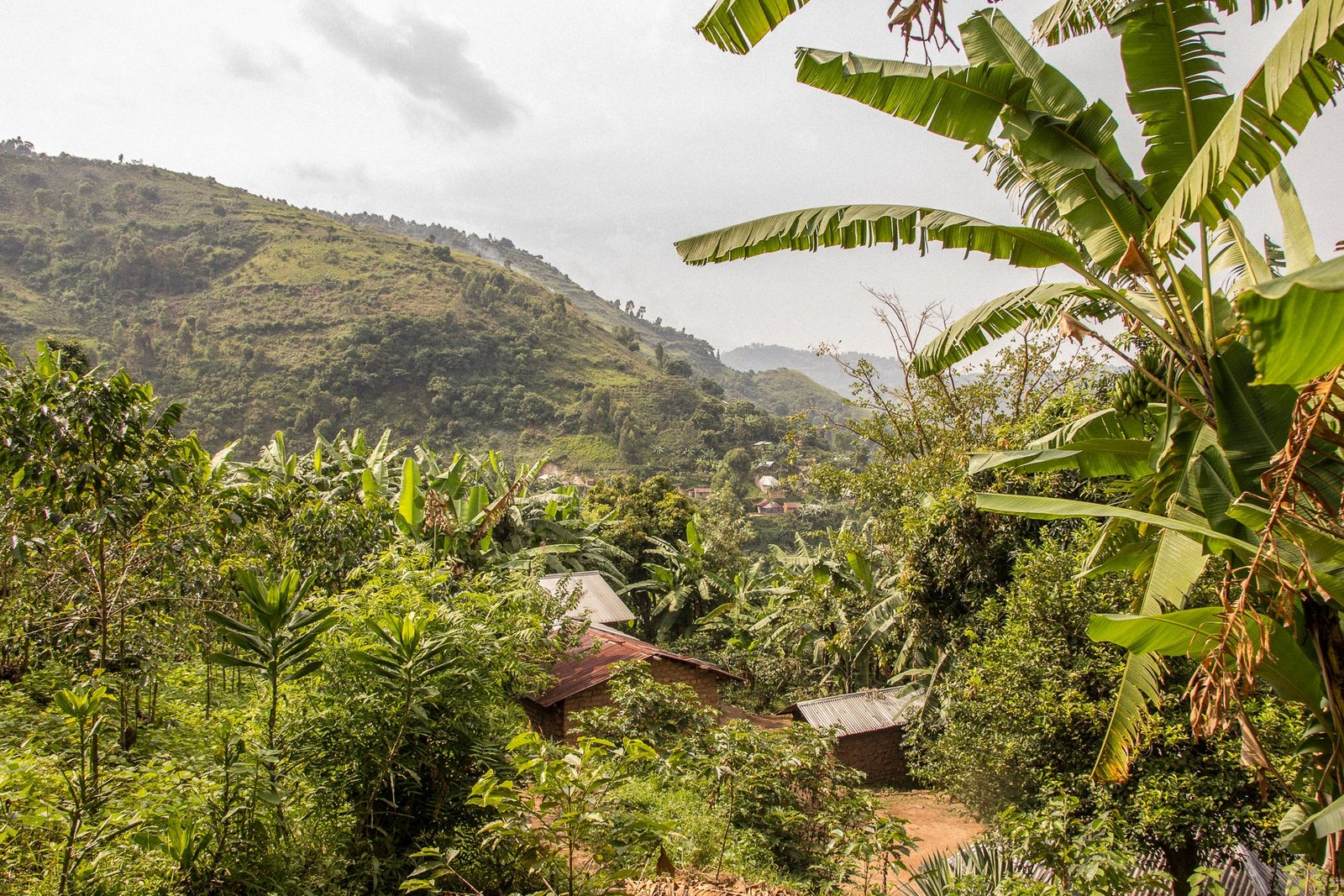The Diverse Landscapes of the Birthplace of Coffee
Africa, often referred to as the birthplace of coffee, is a continent with a rich and diverse coffee heritage. The African coffee region is a tapestry woven with the flavors of Ethiopian highlands, the boldness of Kenyan beans, the elegance of Tanzanian coffees, and the vibrant traditions that have shaped the continent’s coffee culture.
Ethiopia: The Cradle of Coffee Diversity
Ethiopia, the undisputed birthplace of coffee, is a country that boasts unparalleled diversity in its coffee offerings. The Ethiopian coffee region is characterized by its high-altitude plateaus, fertile soils, and ancient cultivation methods. Arabica beans, believed to have originated in the forests of Ethiopia, thrive in regions like Sidamo, Yirgacheffe, and Harrar.
Ethiopian coffees are celebrated for their unique flavor profiles, including floral notes, fruity undertones, and a distinctive winey acidity. The traditional processing methods, such as natural and washed, contribute to the complexity and depth of Ethiopian coffees, making them a hallmark of specialty coffee worldwide.
Kenya: Boldness and Brilliance
Kenya, nestled in East Africa, is renowned for its bold and vibrant coffees. The Kenyan coffee region, with its high-altitude plateaus and volcanic soils, produces Arabica beans known for their full body, bright acidity, and a flavor profile that includes citrus, blackcurrant, and floral notes.
The meticulous sorting and grading system in Kenya ensures the highest quality in every cup. Kenyan coffees, often grown by smallholder farmers organized into cooperatives, reflect a commitment to excellence and a focus on sustainable and ethical practices.
Tanzania: Elegance from Kilimanjaro to Arusha
Tanzania, with its majestic landscapes that include Mount Kilimanjaro and the slopes of Mount Meru, contributes to the African coffee mosaic with its elegant Arabica beans. The Tanzanian coffee region, encompassing regions like Arusha, Mbeya, and Kilimanjaro, showcases the diversity of flavors influenced by the country’s microclimates.
Tanzanian coffees are known for their bright acidity, medium body, and tasting notes that can range from citrus to chocolate and spice. The peaberry beans, a unique feature of Tanzanian coffee, are prized for their distinct round shape and concentrated flavor.
In Africa, coffee is not merely a beverage; it is a cultural cornerstone that fosters community, conversation, and celebration. Traditional coffee ceremonies, such as the Ethiopian coffee ceremony known as “bunna,” are significant social events that bring people together. Coffee is woven into the fabric of daily life, from the markets of Addis Ababa to the bustling streets of Nairobi, becoming a symbol of hospitality and connection.
African coffee regions face challenges, including climate change, fluctuating market prices, and limited access to resources. However, sustainability initiatives, such as agroforestry practices, organic farming, and fair trade partnerships, are gaining traction. African coffee producers are actively engaged in preserving their ecosystems and promoting economic empowerment within their communities.
African coffees hold a significant place in the global coffee market, often setting the standard for specialty coffee. The distinctiveness of Ethiopian, Kenyan, and Tanzanian coffees has contributed to the rise of single-origin offerings and the exploration of unique flavor profiles by roasters and consumers alike.
The African coffee region is a testament to the continent’s pivotal role in the global coffee narrative. From the ancient highlands of Ethiopia to the picturesque landscapes of Kenya and Tanzania, each country contributes a chapter to the story of African coffee splendor. As the continent navigates the challenges and opportunities in the coffee industry, the flavors that emerge from African beans continue to captivate, inspire, and celebrate the rich heritage of the birthplace of coffee. Each cup brewed from African beans becomes a journey through the landscapes, traditions, and flavors that define the heart of the African coffee experience.


